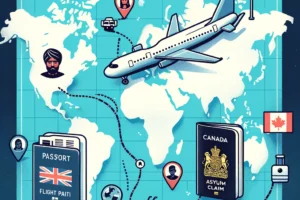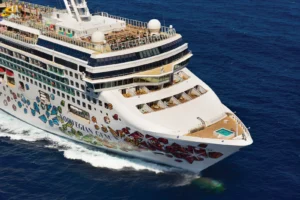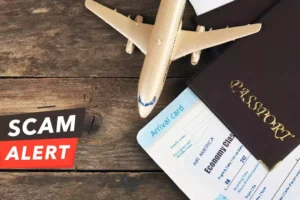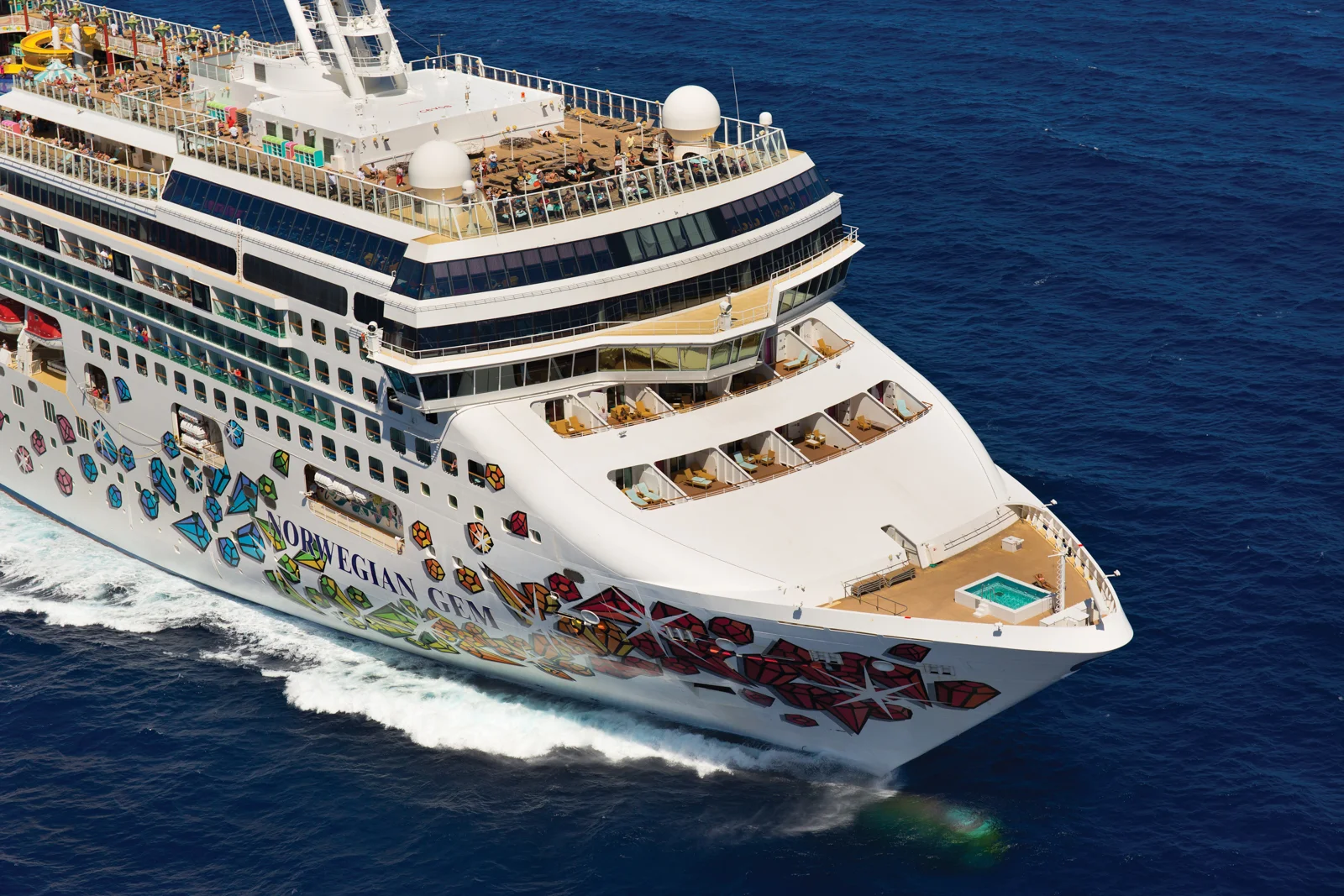A free cruise or all-inclusive getaway might sound like the dream escape you’ve been waiting for — but before you start packing your bags, it’s important to read the fine print. Just because something is labeled as “free” doesn’t mean it won’t come with strings attached.
Many so-called free travel offers come loaded with hidden costs. From airfare to the cruise port, to port fees, taxes, and even mandatory tips these unexpected expenses can add up quickly. One traveler shared their experience on BBB Scam Tracker: they were promised a free cruise in exchange for attending a timeshare presentation. They paid nearly $800 in “taxes,” only to find out later that the cruise had been canceled. The promised refund check never arrived.
So how can you protect yourself from these types of scams? Start with research. Look into the travel company before handing over any money. Check reviews and search for complaints, Don’t be afraid to ask for references from people who’ve actually taken the trip — and talk to them about their experience.
If you’re presented with a contract, read it carefully. Make sure you understand any cancellation policies or additional fees. Watch for red flags like needing to attend a timeshare seminar or travel presentation before receiving the trip. That alone is a sign something isn’t quite right.
Also, be cautious with how you pay. Avoid wiring money or using prepaid debit cards. If you do decide to pay, use a credit card it’s easier to dispute charges if something goes wrong. And remember: if someone tells you that you’ve won a contest you don’t remember entering, ask questions. Real prizes don’t come with pressure tactics or surprise fees.
In the end, if something feels too good to be true especially in the world of travel it probably is. Stay smart, stay skeptical, and enjoy your vacation only when you know it’s the real deal.
📌 Real Case Example: California Family’s Cruise Canceled by Scammer
In July 2024, Brittany Paine from Castaic, California, fell victim to a scam that led to the cancellation of her $900 Carnival cruise to Ensenada, Mexico. After planning the trip a year in advance, Paine contacted what she believed was Carnival’s official number to inquire about a cabin upgrade. The person she spoke with, posing as a Carnival representative, informed her of a $294 “deck fee” required to process the upgrade. Trusting the information, she paid the fee.
Later, Paine grew suspicious and reached out to Carnival directly, only to discover that the fee was fraudulent. Despite disputing the charge and recovering her money, her cruise was canceled because the scammer had accessed her account. Carnival couldn’t reinstate her booking as the ship was full. Eventually, after media intervention, she received a refund. Paine shared her experience to warn others about travel scams.










